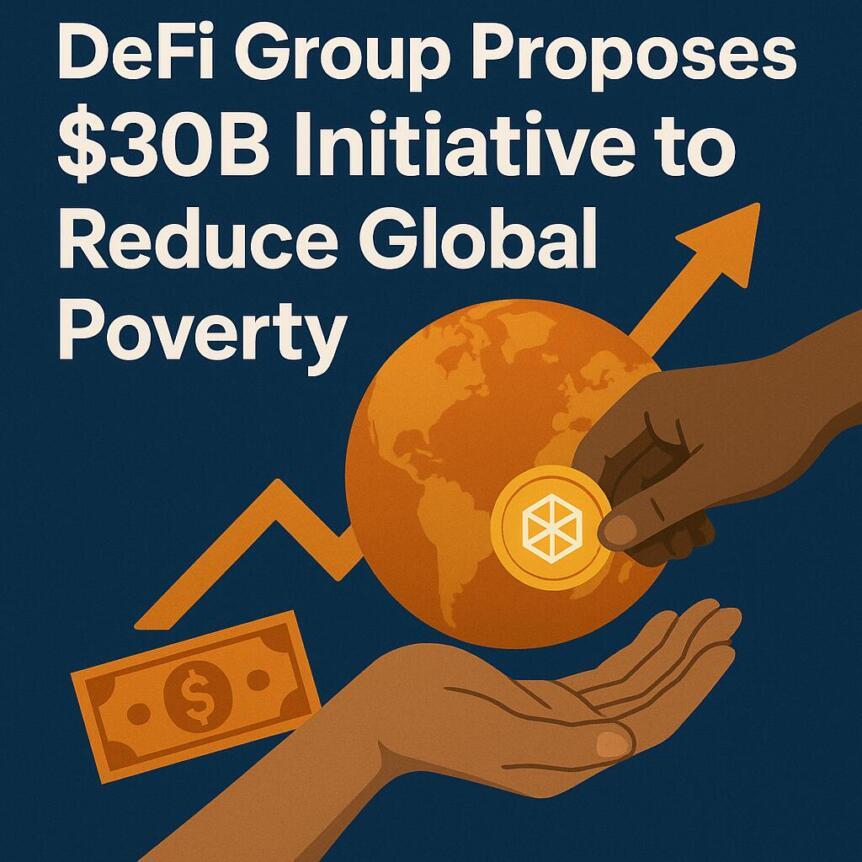
Defi Group Proposes $30B Initiative To Reduce Global Poverty
Research from the DeFi Education Fund estimates that decentralized finance could save low-income households up to $30 billion a year. These savings would come from eliminating the financial middlemen who typically charge high fees for basic services like remittances and bill payments. The organization argues that the current financial system imposes a“poverty premium,” where low-income individuals pay significantly higher fees than wealthier households.
The costs are evident in everyday transactions. For example, cashing a paycheck may cost up to 5% of its value for low-income families. In contrast, wealthier households face much lower fees, often below 1%. These costs add up, with low-income households losing an average of 7.1% of their annual income to financial service fees.
DeFi Can Revolutionize Financial Access for the PoorThe proposal highlights how decentralized finance can address these issues by cutting down on fees and providing more affordable financial tools. Through blockchain technology, DeFi platforms offer cheaper alternatives to traditional banking services, such as remittances and money transfers. DEF estimates that DeFi could reduce remittance costs by as much as 80%, which would significantly benefit unbanked populations around the world.
By cutting out the need for intermediaries, DeFi could provide low-cost access to financial services. This would be especially impactful for families living in extreme poverty, who often face multiple financial barriers. By giving them access to low-cost financial infrastructure, DeFi technology could help ease their financial struggles, redirecting funds back into their pockets.
Advocates Push for Regulatory Clarity to Unlock DeFi's PotentialAlongside the economic benefits, DeFi advocates are pushing for regulatory clarity to make decentralized finance more accessible. The DeFi Education Fund, in partnership with major crypto policy groups, has been lobbying for clearer regulations that distinguish DeFi developers from traditional financial intermediaries. They argue that software builders should not be classified as brokers under existing laws, as it could stifle innovation.
DEF has also made efforts to engage with lawmakers on policies that support DeFi development. The organization submitted a formal response to the Senate Banking Committee's draft bill, which seeks to provide a framework for financial innovation. The group's goal is to create an environment where decentralized financial applications can flourish, providing economic benefits to low-income communities worldwide.
Crypto Investing Risk WarningCrypto assets are highly volatile. Your capital is at risk. Don't invest unless you're prepared to lose all the money you invest.
Legal Disclaimer:
MENAFN provides the
information “as is” without warranty of any kind. We do not accept
any responsibility or liability for the accuracy, content, images,
videos, licenses, completeness, legality, or reliability of the information
contained in this article. If you have any complaints or copyright
issues related to this article, kindly contact the provider above.
















Comments
No comment